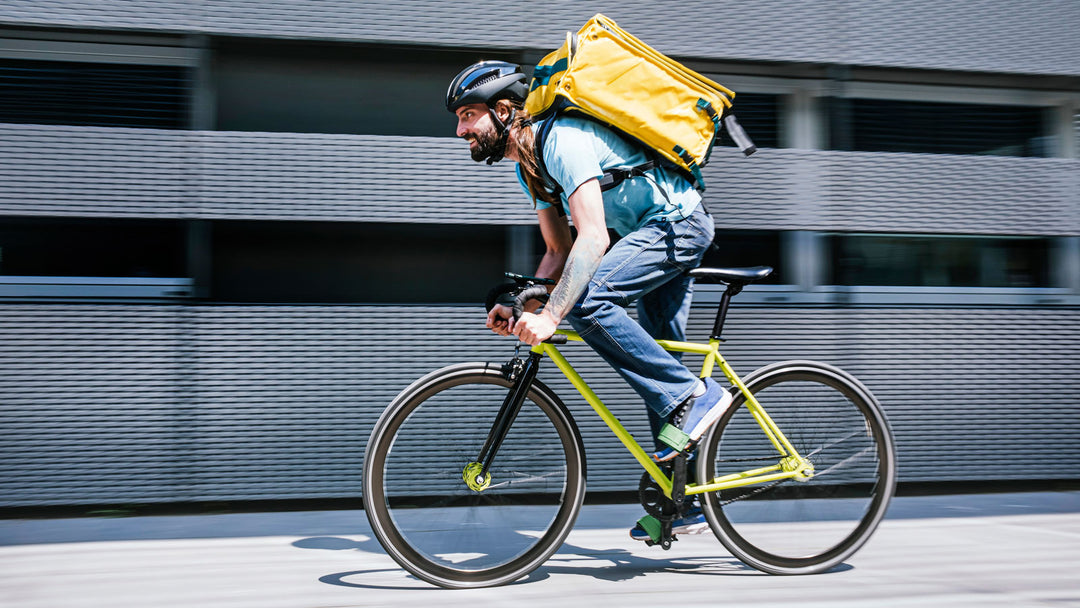E-Scooters vs. E-Bikes: Which Is Better for Urban Mobility?
E-Scooters vs. E-Bikes: Which Is Better for Urban Mobility?
As cities become increasingly congested and environmentally conscious, urban dwellers are turning to alternative forms of transportation. Among the most popular are electric scooters (e-scooters) and electric bicycles (e-bikes). Both have their merits, but which is better for urban mobility? This post explores the benefits and drawbacks of each to help you decide which might suit your urban commuting needs best.
Introduction
In the quest for more sustainable and efficient urban transport options, e-scooters and e-bikes have emerged as frontrunners. They not only reduce reliance on cars but also offer an eco-friendly way to navigate through city streets. However, choosing between the two can be challenging as each offers unique advantages.
Key Benefits
E-Scooters
- Portability: E-scooters are lightweight and often foldable, making them easy to carry and store.
- Ease of Use: With minimal learning curve, e-scooters are accessible to people of all ages.
- Cost-Effective: Generally cheaper than e-bikes, they are a budget-friendly option for short daily commutes.
E-Bikes
- Speed and Efficiency: E-bikes are faster and can cover longer distances with less effort, thanks to pedal-assist technology.
- Fitness: While providing electric assistance, e-bikes still allow for a physical workout if desired.
- Versatility: Better suited for various terrains and weather conditions.
Drawbacks
E-Scooters
- Limited Range: Typically, e-scooters have shorter battery life and range compared to e-bikes.
- Comfort: Smaller wheels and lack of suspension can result in a less comfortable ride on uneven surfaces.
- Safety: They can be perceived as less stable and safe compared to bicycles.
E-Bikes
- Cost: E-bikes are generally more expensive, which can be a barrier for some users.
- Storage Needs: Larger and heavier than e-scooters, requiring more space for storage.
- Regulations: In some areas, e-bikes face stricter regulations that can limit their use.
Ideal User Scenarios
E-Scooters are best for:
- Short, urban trips
- Commuters who use multiple modes of transport
- Riders looking for a compact and easy-to-handle option
E-Bikes are suited for:
- Longer commutes and leisure rides
- Those who prefer a more stable and faster ride
- Riders needing to navigate hills or rougher terrains
Conclusion
Both e-scooters and e-bikes offer distinct advantages for urban mobility. Your choice will depend on specific needs such as distance, budget, terrain, and personal preference for comfort and speed. If you value portability and cost over speed and range, an e-scooter might be the way to go. On the other hand, if you need to cover longer distances or prefer a more robust and versatile mode of transport, an e-bike could be a better investment.
Call-to-Action
Explore our range of e-scooters and e-bikes today to find your perfect urban transport solution! Read more about each option and see how you could transform your daily commute!
Remember, the best choice is one that not only gets you where you need to go but also aligns with your personal and environmental values. Happy commuting!






